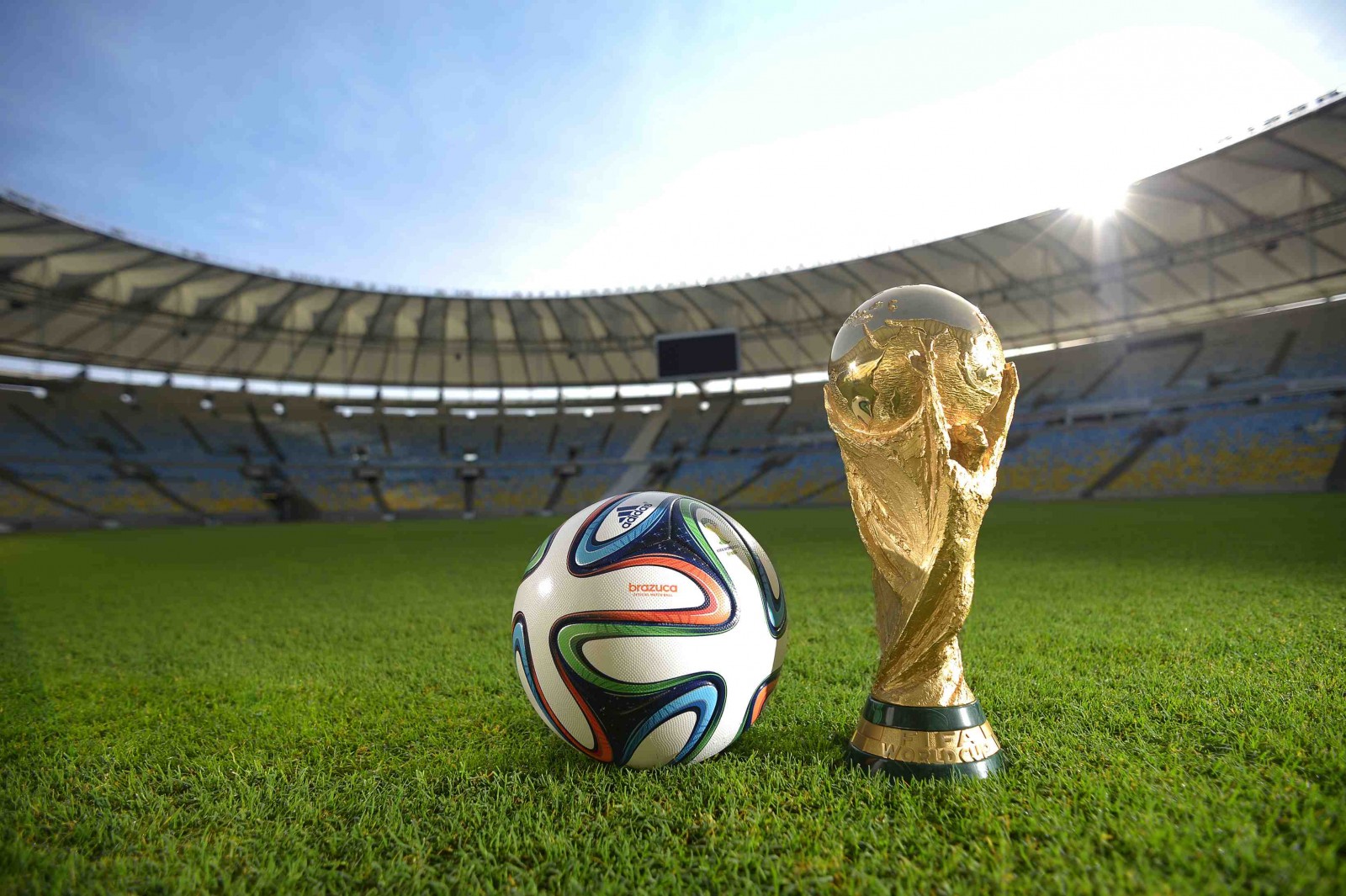Despite all the problems leading up to the World Cup organisers say they are confident it will be a huge success across the world.
In Rio de Janeiro, the sun has been a reluctant guest at Brazil’s World Cup party.
On the eve of the tournament clouds have hung stubbornly to the hills above the city all week, obscuring the statue of Christ the Redeemer.
If and when he does emerge, he may have his work cut out.
This is a World Cup and a country in need of a bit of redemption.
Brazil is a nation defined like no other by its national game.
Pele, speaking at one of his countless corporate gigs this week, said that when he first played in the World Cup no-one knew where his country was. Thanks to football, and it’s ultimate star, no-one can claim ignorance today.

But that does not mean the population are ready to roll over with gratitude at the first sight of a Brazuka, the official match ball.
The build-up to this tournament has been marked by unprecedented protests and disaffection. The $15bn price tag, and particularly the demands made by Fifa, have been a source of genuine public anger.
Brazil is a different country to the one that won an uncontested bid eight years ago. The economic boom has slowed and some of the self-confidence that also secured the 2016 Olympics has ebbed away.
Against that backdrop Fifa’s demands, which have included overturning a law banning the sale of alcohol in stadiums to satisfy sponsor Budweiser, have seemed autocratic.

President Dilma Rousseff has certainly got the message. She stayed away from the Fifa Congress this week, sending the sports minister instead, though she has called on the country to unite behind the tournament.
That remains the big question as Brazil kick-off against Croatia. It is unlikely that every stadium will be finished as planned, transport will range between tricky and impossible, and there will inevitably be other frustrations.
But if the country gets behind its team, and with them the tournament, we will be in for a treat. Organisers are confident it will.
“As a citizen I can say we are behind the World Cup,” Ricardo Trade, chief executive of the organising committee told Sky News.
“The sign is we sold all the tickets. We made records. The volunteers are working with us. We have beaten all records. The teams are arriving. And we have a lot of investments that arrived with the World Cup.
“We have had Investments in infrastructure, investments renewing the airports, not just for the World Cup but beyond. It’s a huge legacy that we are receiving.
“We are ready to deliver the World Cup. We are not ready as a country. We need to develop more. That’s another thing. But to deliver the World Cup, we are ready. ”
(via Sky News)







